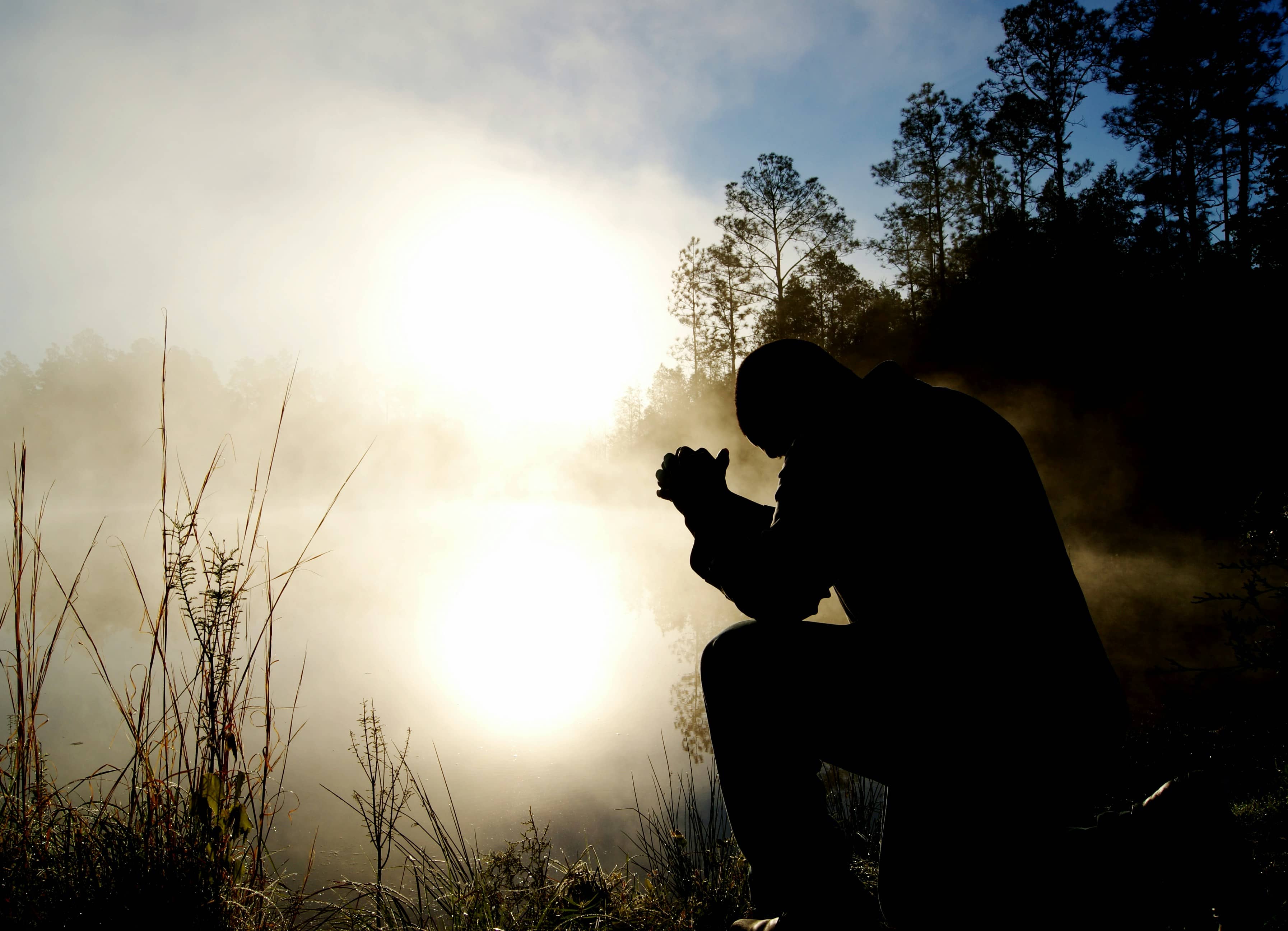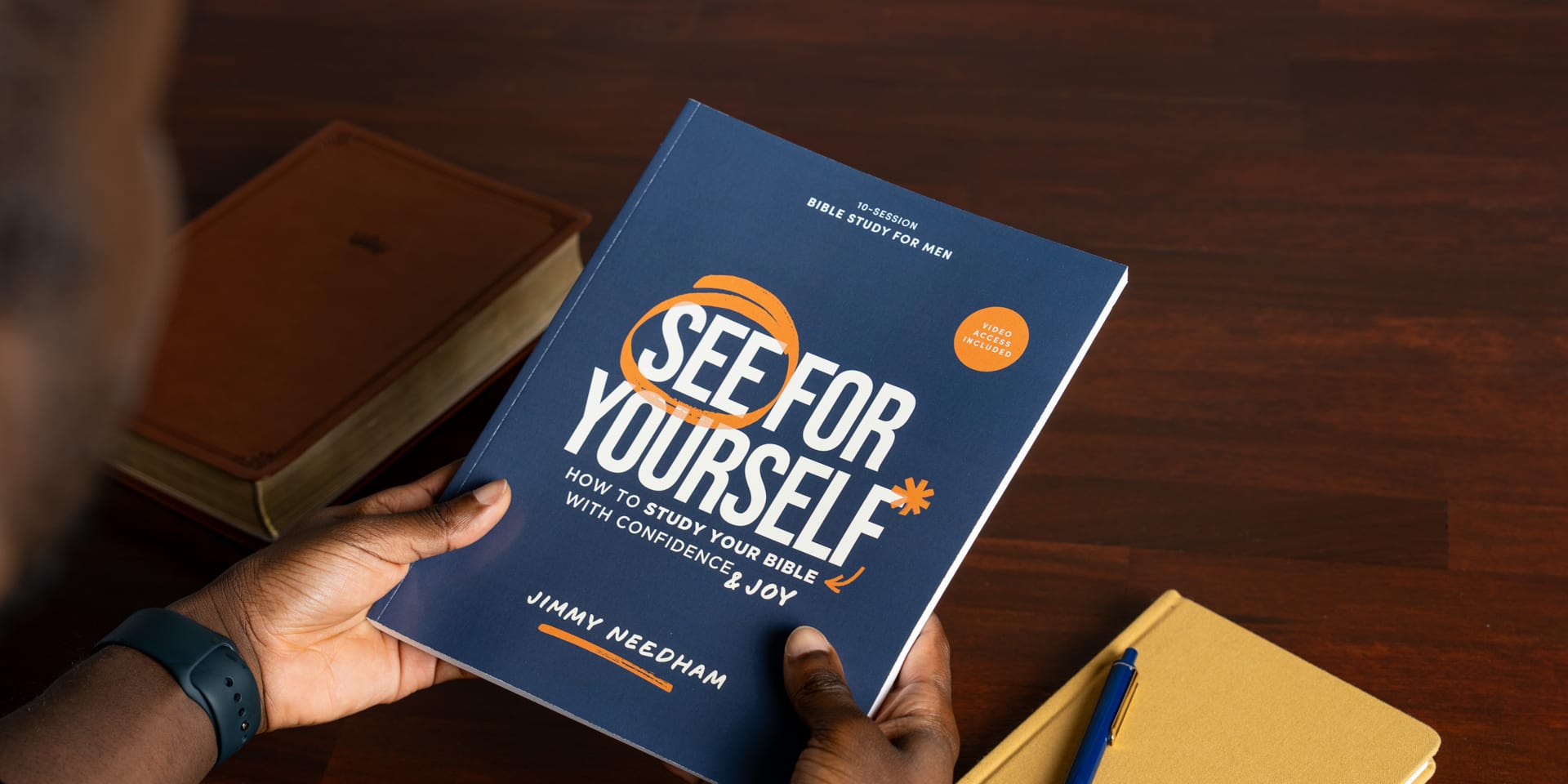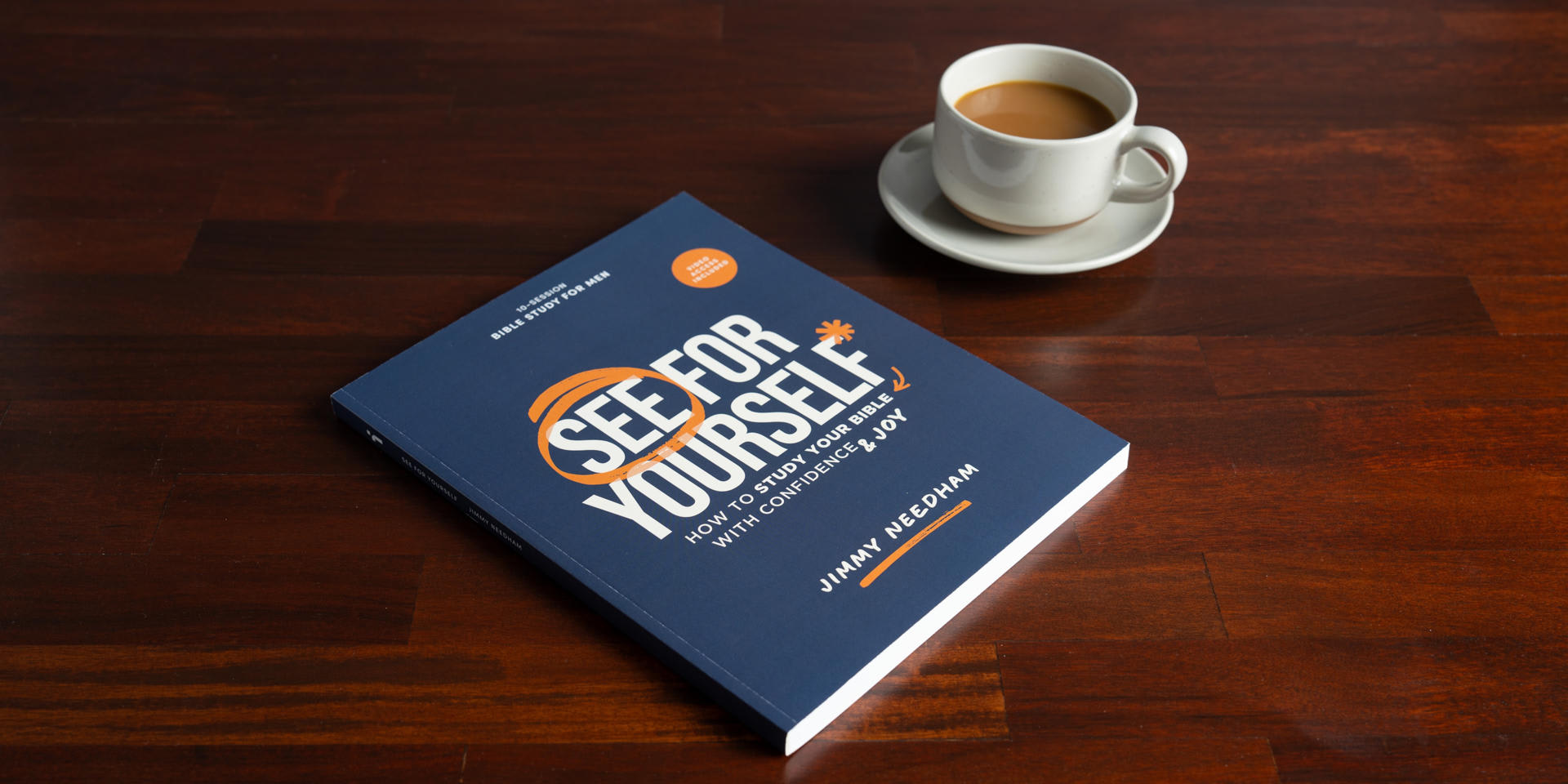
Helpful articles to enrich your Christian walk.
Sermons
Recent
Elijah was ready for his moment because he was fully surrendered to God. Explore why surrender is essential to courage, obedience, and usefulness.
Confused by the Bible? Learn how to read Scripture as a lifelong learner, asking honest questions, reading relationally, and growing in confidence over time.
Discover how God is our Protector through Scripture, from Esther to Psalm 121, and find comfort in His constant presence and faithful care.
Learn how to study the Bible using three essential skills—observation, interpretation, and application—to understand God’s Word and live it out daily.
How is the Bible structured? Learn how its books fit together, the role of the Old and New Testaments, and how Scripture tells one unified story.
New to quiet time? Learn three simple tips to help you start reading the Bible consistently, choose where to begin, and engage God’s Word with confidence.
Discover the MAWL process—Model, Ask/Assist, Watch, Leave—for apprenticing church leaders and building a strong pipeline for ministry growth.
- Lifeway Adults,
- Brian Gass
Learn six practical steps to create an ongoing teacher training plan that equips Bible study leaders, strengthens ministry, and fosters church growth.
Discover practical tips for creating a welcoming Bible study environment by improving physical space, fostering interactive learning, and building strong relational connections.
Trending
- Olivia Thames















